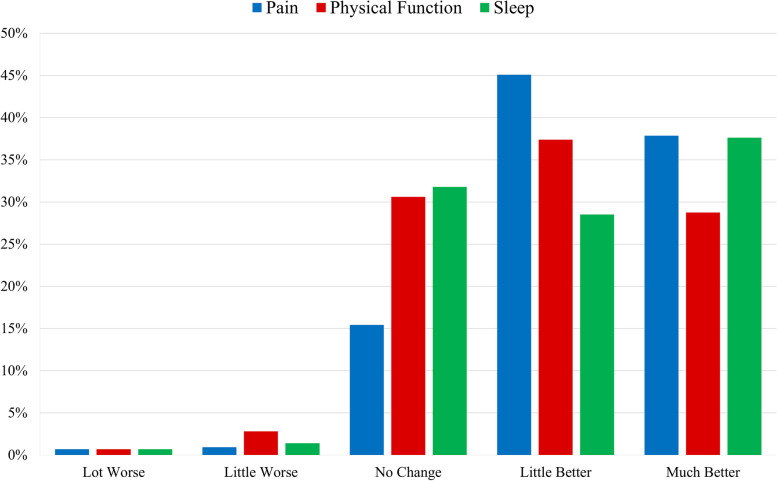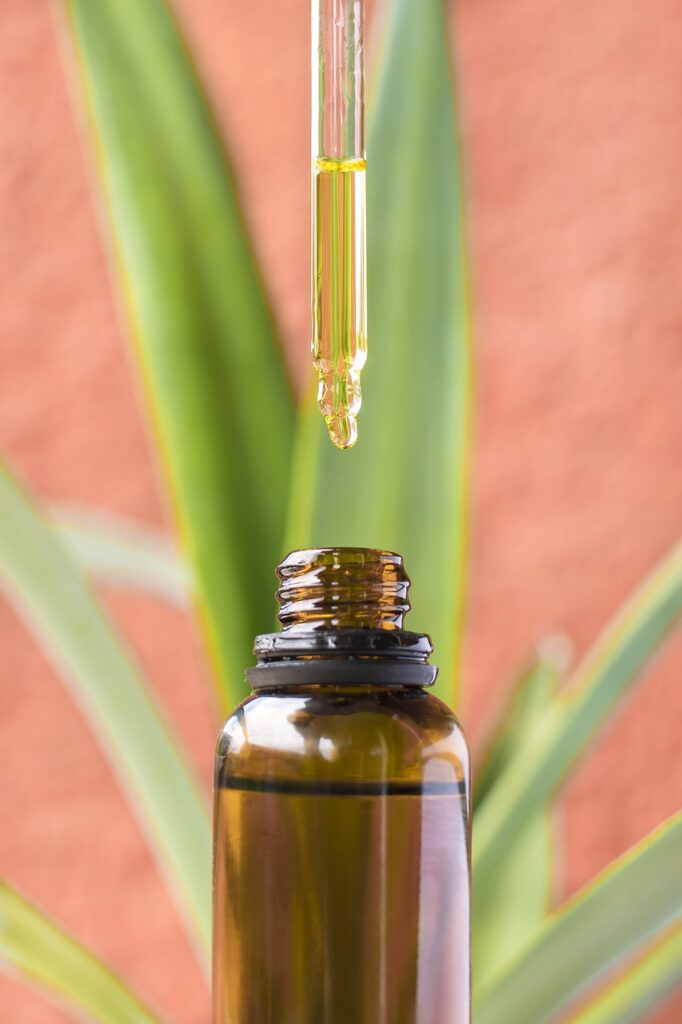CBD sales have grown exponentially over the years. In 2022, sales almost topped $2 billion. That’s over a 500% increase from just five years ago! But why have sales grown so rapidly?
The answer is simple. The Agriculture Improvement Act in 2018 removed hemp from the federal Controlled Substances Act. This basically legalized any CBD that comes from a hemp plant. Because of this, it began popping up at every gas station and local convenience store.
However, there is a lot to know and learn about CBD. Since becoming federally legal, the research hasn’t been able to keep up, leading to a lot of health misinformation. There are many different forms and sources of the product as well.
Overall, the CBD landscape can be confusing for beginners. We’re here to help you navigate and make sure you are making the best buying decisions.
Scientific name: Cannabidiol (ka-nuh-buh-dai-uhl)
Medical Utility
Let’s start with the real list of health benefits backed by real science. And the science says…they don’t exactly know yet. There is tons of anecdotal evidence, but this can’t be trusted as it can vary person to person. Animal studies and human observations have taken place as well, but there haven’t been many clinical trials to confirm dosage and efficacy.
There is still a lot to learn and active clinical trials can take years to get results. While this isn’t necessarily the information you wanted to hear, it’s the truth. Below is a list of supposed medical benefits of CBD that have some backing so far.
- Epilepsy – This arguably has the most scientific backing. The FDA has even approved a drug called Epidolex to treat seizures in people ages 2 and up. A recent study also found that CBD blocks signals from a molecule that “amplifies nerve signals” and “promotes seizures.”
- Insomnia – A study from 2019 showed that CBD has the ability to improve sleep, but how well and at what dose is to be determined by future controlled studies. In the study, 25 mg of CBD was the common dosage and was consumed via capsule. Capsules were taken in the evening after dinner.
- Anxiety – In the same study for insomnia, anxiety was also shown to be effectively treated in patients. Anxiety decreased rapidly and stayed reduced throughout. These 25 mg capsules were taken in the morning after breakfast.
- Chronic Pain (Arthritis) – One of the most common uses for CBD. There is plenty of anecdotal evidence for treating pain, whether mild or severe. A PubMed study posted in 2022 showed that CBD improved physical function for those with arthritis, specifically the osteoarthritis group. Many respondents also stated a “reduction or cessation of other medications after CBD use.”
*Chart showing patients’ change in pain intensity, physical function, and sleep after CBD use 2


This work is licensed under a Creative Commons Attribution 4.0 International License.
Adverse Effects of CBD
As great as CBD is claimed to be, even thought to cure cancer, it comes with negatives. Some side effects include:
- Nausea
- Fatigue
- Irritability
- Blood Thinning
These adverse effects, like most drugs, will vary from person to person. A few factors play a role too. They need to be studied more, but potency, route of administration, current drug use (legal or illegal), and drug-drug interactions could cause an increased chance of these effects.
Consumption Methods
CBD can be consumed in a variety of ways! The most common being tinctures and vapes. You can also buy it as a patch, capsule or topical solution (lotion, cream, bath bomb).
The topicals and patches are meant to work best for muscle and/or joint pain. They help target a specific area on the body.
A few factors can play a role in choosing which method is best for you. The biggest one being bioavailability. In plain, this is the amount of something that is successfully absorbed by your body for use. For example, if you consume 10 mg of CBD, but that method of consumption only has a bioavailability rate of 30%, you’re really only getting 3 mg.
Each method of consumption has a different bioavailability rate and we will have a full article on that eventually. It can get very scientific and it is one of the reasons why scientists have difficulty researching effective doses of CBD.
Legality
Since hemp became federally legal in 2018, CBD derived from the hemp plant has basically become legal with it. Different states may have different laws so be sure to double check your laws!
However, CBD from the cannabis plant is still very much illegal. The molecular makeup of this CBD is exactly the same, but it comes from a federally illegal plant. If you have recreational marijuana or have your medical card, you can purchase this at your local dispensary.
Most products are unregulated, especially the ones derived from the hemp plant. The FDA has no control because the products are labeled under the wellness category and not medicine. This leads to false labeling and/or unspecified additives. Please be careful when purchasing your CBD from anywhere that is not a licensed dispensary. We have an article posted called, “CBD Quality…What’s in Your CBD” if you want to check that out for more information.
References
- Shannon S, Lewis N, Lee H, Hughes S. Cannabidiol in Anxiety and Sleep: A Large Case Series. Perm J. 2019;23:18-041. doi: 10.7812/TPP/18-041. PMID: 30624194; PMCID: PMC6326553.
- Frane N, Stapleton E, Iturriaga C, Ganz M, Rasquinha V, Duarte R. Cannabidiol as a treatment for arthritis and joint pain: an exploratory cross-sectional study. J Cannabis Res. 2022 Aug 24;4(1):47. doi: 10.1186/s42238-022-00154-9. PMID: 35999581; PMCID: PMC9400326.
- “Study Reveals How Cannabidiol Counters Epileptic Seizures.” NYU Langone News, 13 Feb. 2023, https://nyulangone.org/news/study-reveals-how-cannabidiol-counters-epileptic-seizures.

